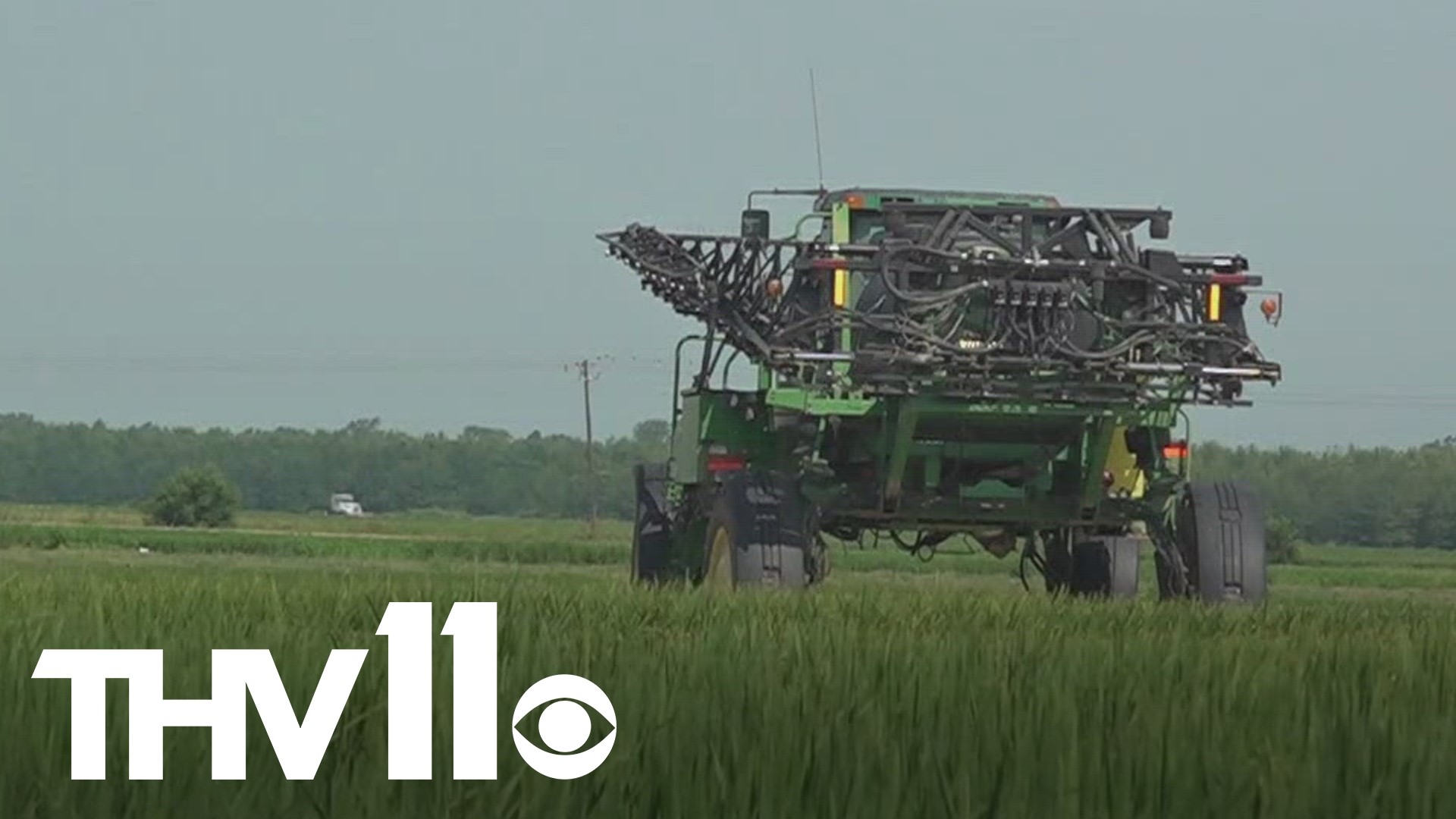ARKANSAS, USA — Without a House speaker, legislation has been backing up.
Here in Arkansas, where agriculture is the dominant industry, many are awaiting a new farm bill. The federal farm bill has been around since the 1930s.
“What it does is basically provide funding and support programs for producers,” said Assistant Professor and Extension Economist for the University of Arkansas Department of Agriculture, Ryan Loy. “Commodity support programs, like the agricultural risk coverage program, price loss coverage program, and in conservation programs for the USDA.”
Those programs are important for farmers across the country, including here in Arkansas.
“Helping with cash flows at the farm level and understanding how producers can participate in these programs. Well, the farm bill really determines a lot of that,” Loy explained.
Every five years the bill is reappropriated but there's been a bit of a delay this time around.
“The focus was on the government shutdown. So luckily, we kind of averted that, but because of all those talks, and the farm bill being passed, [it] got pushed to the backburner a little bit,” said Loy. “And so, because of that, they have until December 31.”
He hopes that the deadline is met, but if it isn't the impacts could reach beyond the farming community.
"It would actually revert back to the 1938 and 1949 farm bills, which means that the USDA would be required to actually pay out parity prices,” said Loy. “The USDA would unintentionally actually outbid commercial markets and what that means is that would raise the prices in the store.”
However, he did explain how that would be the worst-case scenario but it’s not just items at the store that could be impacted.
“A little over 80% of the farm bill actually goes towards snap benefits,” Loy described. “Even with a farm bill expiring, food stamps will still go out because it's appropriate in a different way and WIC is the same way.”
The hope is that this all gets figured out sooner rather than later, but Loy and other agriculture experts will continue to keep a close eye.
“So, we know how to pivot and kind of advice on risk management tools,” said Loy.

